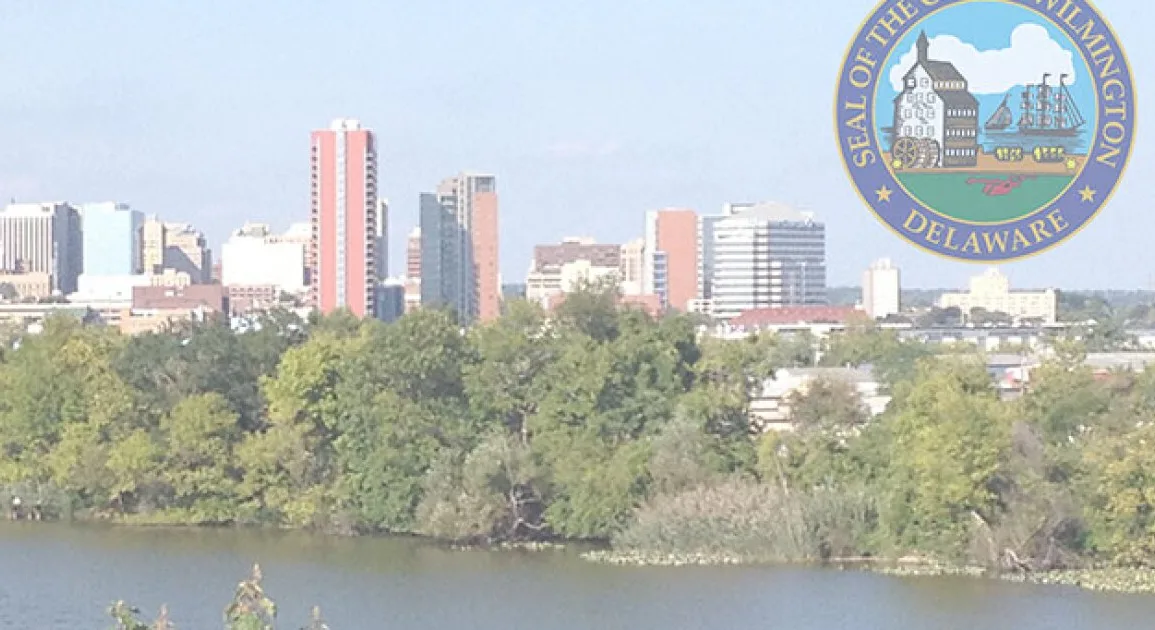The Wilmington Reparations Task Force discussed economic disparities in the city.
Monday’s meeting centered around poverty rates within the city.
University of Delaware sociology professor Yasser Payne presented years of data to the task force, much of it from “Murdertown USA,” a book he co-authored about gun violence in Wilmington.
“We can’t arrest, we can’t incarcerate, we can’t gentrify out way out of the gun violence,” Payne says. “The restoration of wealth is the only way.”
Payne says black residents in Wilmington experience more than double the poverty than white residents, with an unemployment rate around five times higher.
On average, residents in the Eastside and Southbridge neighborhoods earn around $23,000 and $20,000 annually, respectively. In Tract 19 in South Wilmington, almost 40% earn less than $15,000 a year, and in Tract 17 on the Eastside, that number jumps to more than 60%, which Payne says is statistically impossible, unless socially engineered.
Task Force Chair Coby Owens says he thinks people would be surprised to hear the numbers.
“People would be in the streets if they knew all the data,” Owens says. “And hopefully we’ll be able to bring some more light to their research, to their book too, and truly what’s going on here whether it’s our education system, our housing, or overall.”
Owens says they want to make these meetings as accessible as possible, which is why they recently voted to extend the due date for their report to city council and to make sure they are “FOIA compliant” in the way they advertise meetings to the public. Originally due in May, the task force will now shoot for January 2024, and is advertising the meetings on the Wilmington City Council website.
The task force meets again August 28 for a discussion on health.


